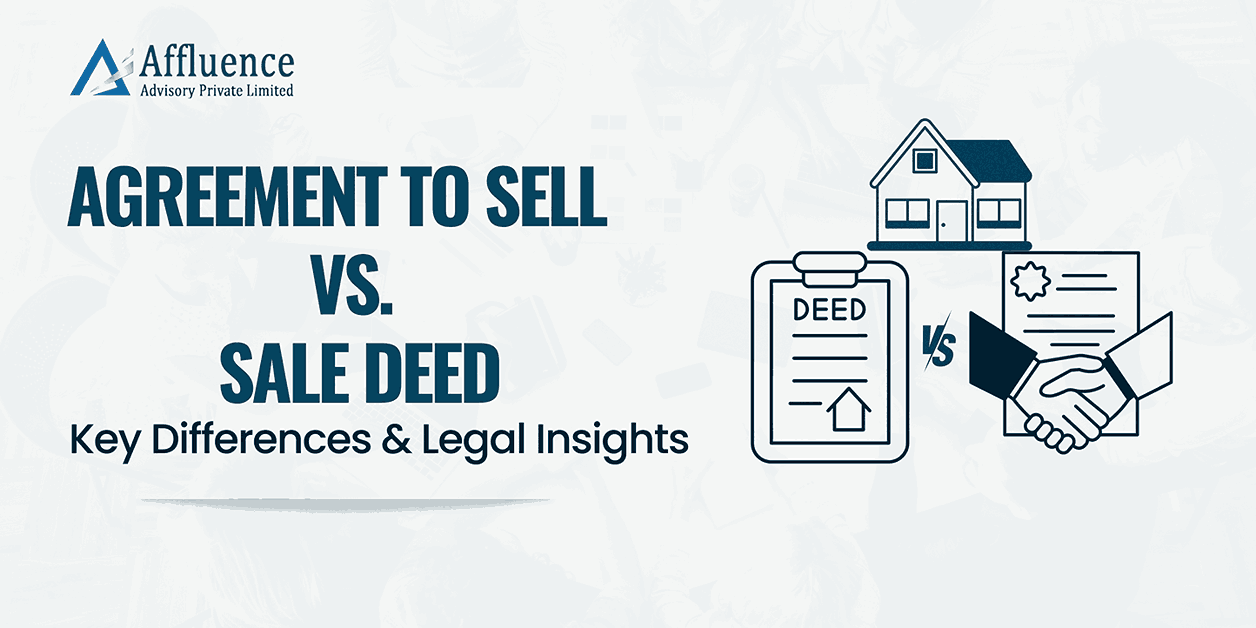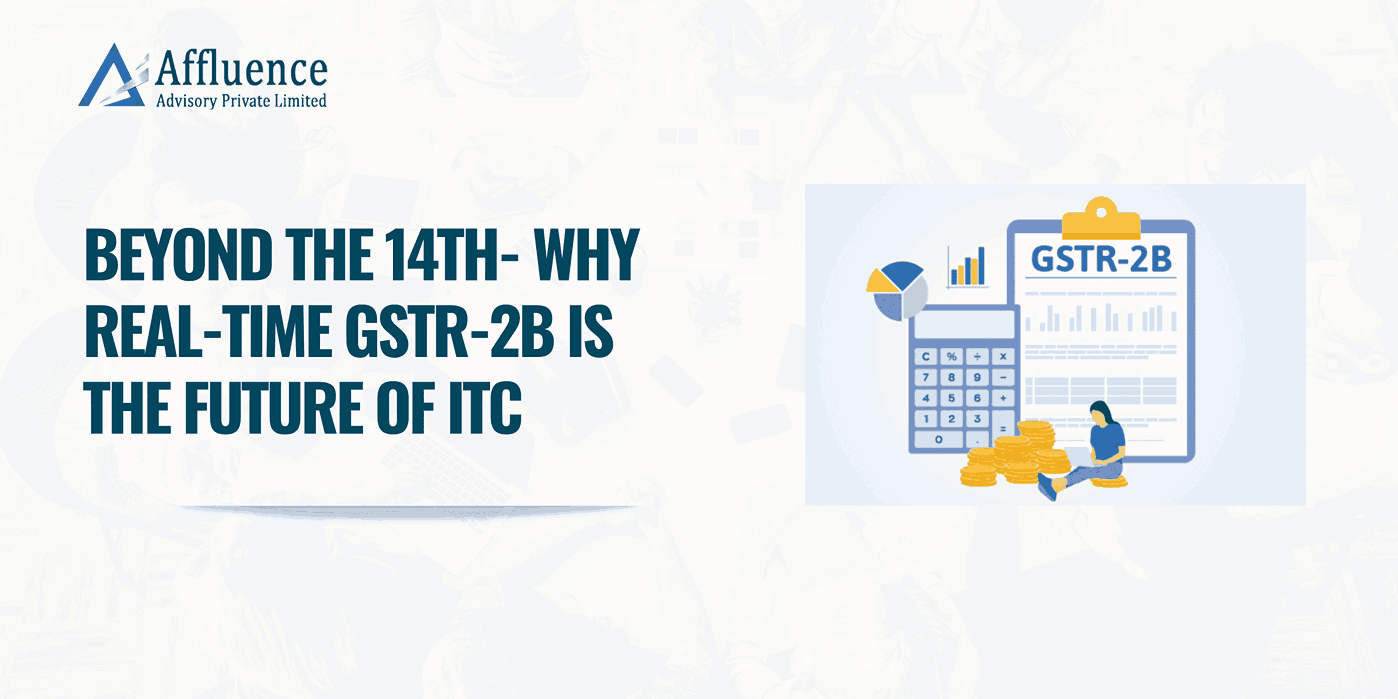The terms “Agreement to Sell” and “Sale Deed” are used very loosely and sometimes interchangeably, not only in conversations but also during negotiations and documentation/s. Both words have their own significance and come into play at different stages.
Also Read: Understanding Codicil to a Will
Some of the key differences between Agreement to Sell and Sale Deed are as under:
|
Sr. No. |
Agreement to Sell |
Sale Deed |
|
|
When the property in goods is agreed to be transferred in the future or subject to any condition/s precedent to be satisfied, such a contract is known as an agreement to sell. An agreement to sell becomes a sale when either time elapses or the when the conditions are fulfilled. |
A sale deed is a final and conclusive legal document whereby the ownership in property is transferred from the seller to the buyer immediately, once the deed is executed between the parties and registered at the office of the concerned Sub-Registrar of Assurances. |
|
|
It is an executory contract i.e. terms have not been fully implemented. |
It is an executed contract i.e. terms are fully implemented upon execution. |
|
|
Eg: A contracts with B on 9th August, 2025 to buy her mobile on 29th August, 2025 at a price of Rs.75,000/-. Here the ownership of the mobile is not transferred immediately, as it will be done so in the future i.e. 29th August, 2024. |
Eg: A, vide a sale deed, sells his apartment to B, for the agreed consideration to be paid by B, on or before execution and registration of the sale deed. Here the ownership passes immediately upon registration. |
|
|
– |
For sale of land, the sale deed is referred to as a conveyance deed, as the seller grants, sells, conveys, transfers and assures unto the buyer, his/her right, title and interest into or upon the land, after which the buyer can get his/her name mutated in the 7/12 extracts and other revenue records. |
|
|
Rights and obligations remain with the seller. |
Rights and obligations are transferred to the buyer. |
|
|
Breach may result in a suit for damages. |
Breach may result in a legal complaint and monetary compensation for damages. |
|
|
Registration requirements vary from state to state. |
Registration is compulsory. Upon such registration:
However, in the event the sale deed is not registered, the title remains with the seller and the buyer has no legal claim over the property. |
Disclaimer: This article provides general information existing at the time of preparation and we take no responsibility to update it with the subsequent changes in the law. The article is intended as a news update and Affluence Advisory neither assumes nor accepts any responsibility for any loss arising to any person acting or refraining from acting as a result of any material contained in this article. It is recommended that professional advice be taken based on specific facts and circumstances. This article does not substitute the need to refer to the original pronouncement.
CLICK HERE DOWNLOAD PDF









